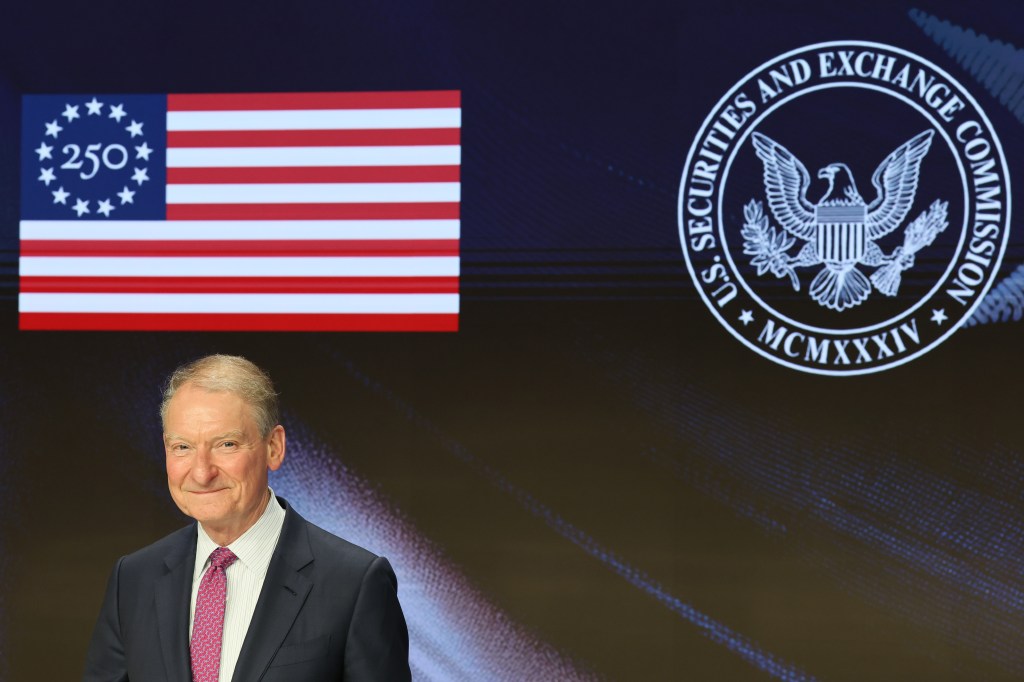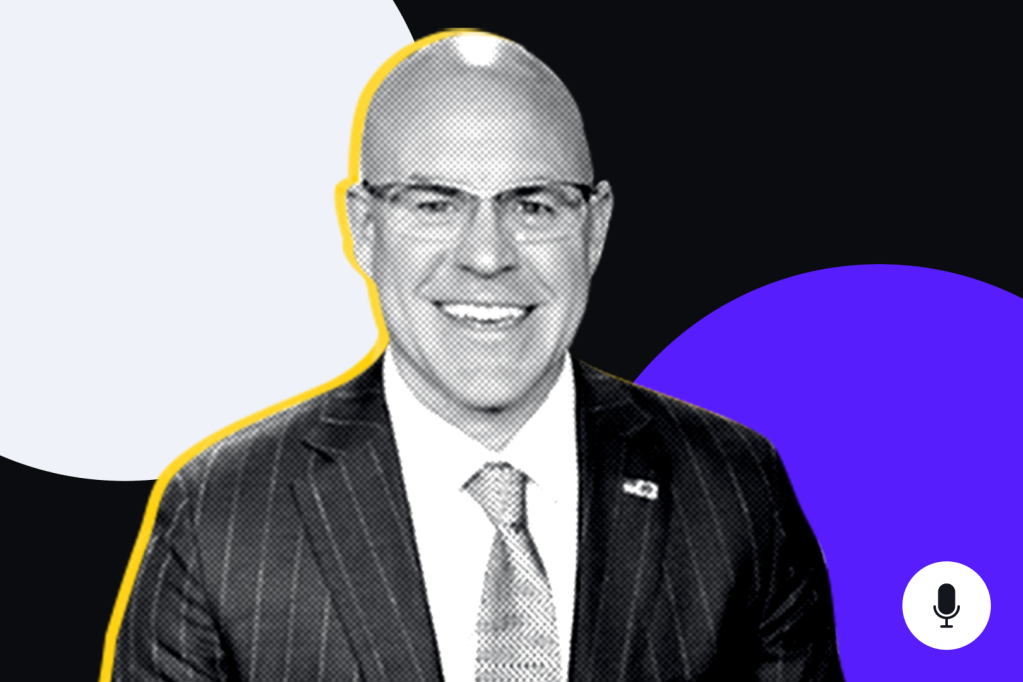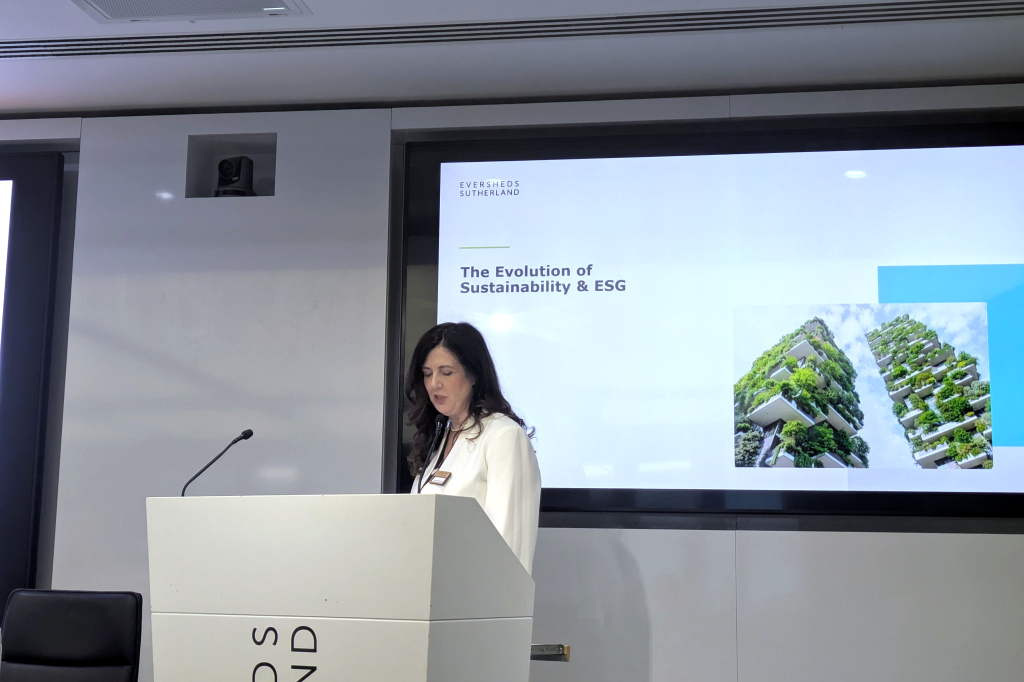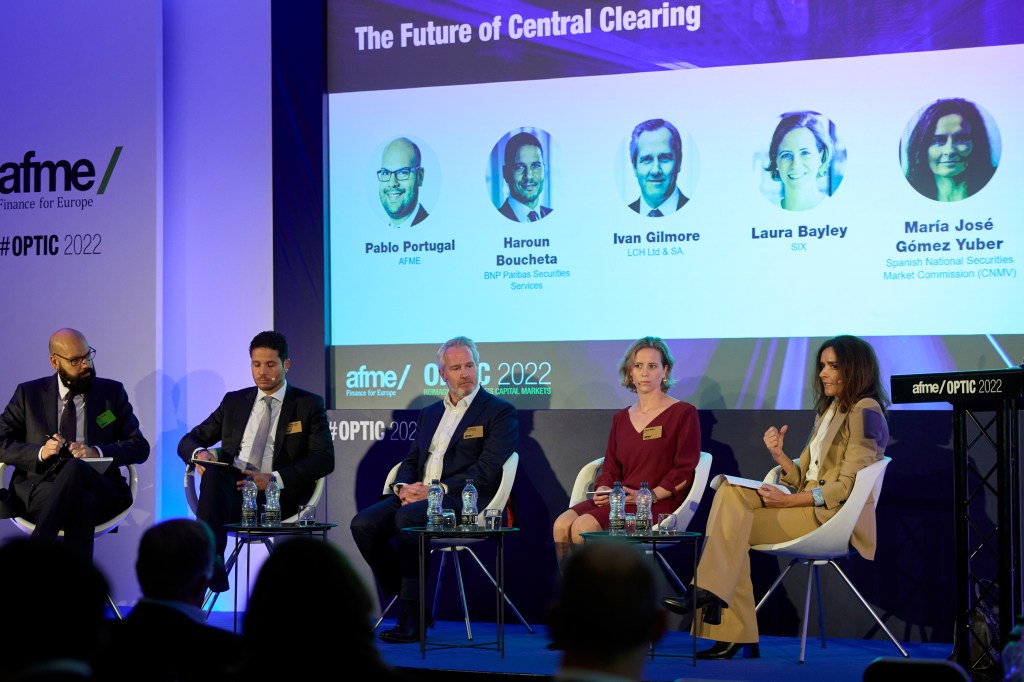The conference addressed a wide range of topics, from cloud and data storage, to crypto and centralized digital currencies.
Discussion on the first day focussed on technology and process efficiency. A willingness to innovate was highlighted as a key priority for banks and fintechs going forward, not least when it
Register for free to keep reading
To continue reading this article and unlock full access to GRIP, register now. You’ll enjoy free access to all content until our subscription service launches in early 2026.
- Unlimited access to industry insights
- Stay on top of key rules and regulatory changes with our Rules Navigator
- Ad-free experience with no distractions
- Regular podcasts from trusted external experts
- Fresh compliance and regulatory content every day













